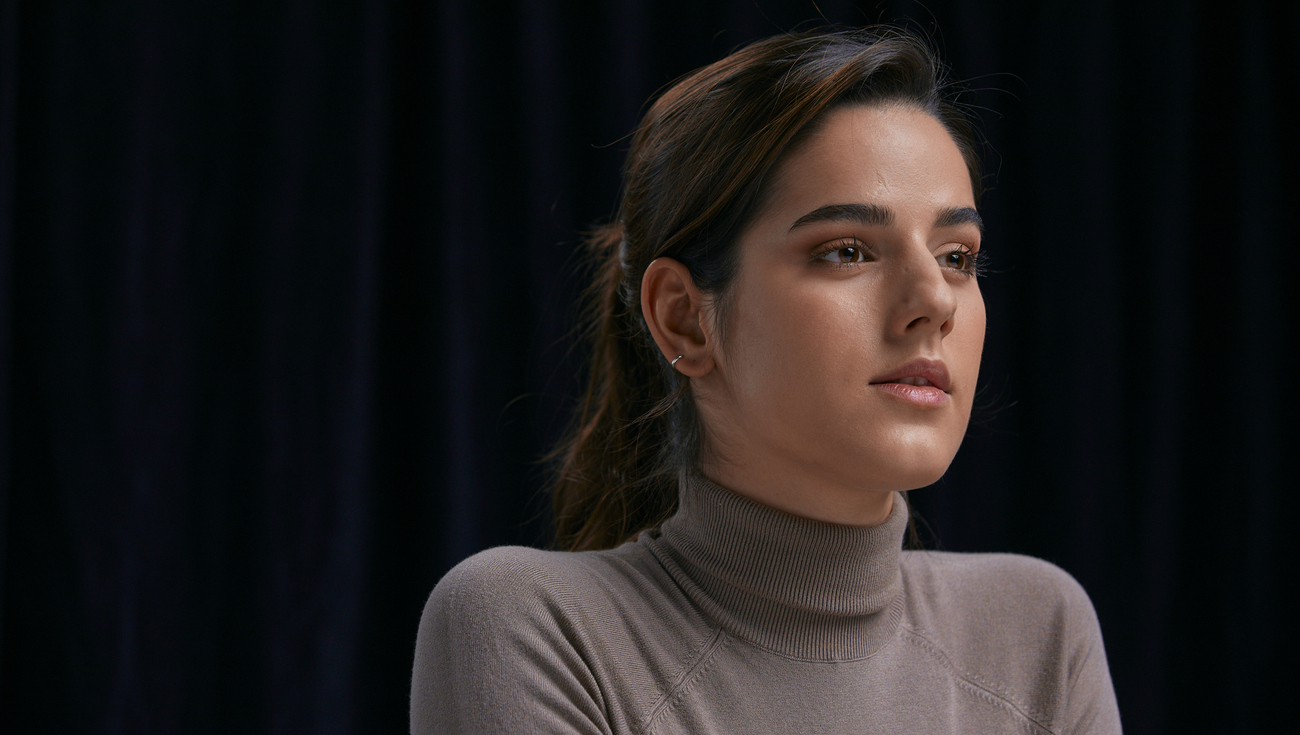What memories do you have of the Festival and the tour?
I have many fond memories of my edition of the Jardin des Voix. The Festival environment is perfect for creating a show. I really enjoyed the experience of being in a quiet environment for three weeks, "isolated from the outside world", which doesn't happen often in this profession, because it brought the cast closer together and facilitated the creative process. This was an essential starting point for the rest of the tour to go well.
Which of these two production settings did you prefer?
Both experiences, Festival and tour, are good when the team is friendly and caring, but without a doubt my favorite part is when we we premiered the show at the Festival.
What does the setting of Thiré, its gardens and its heritage bring to Baroque music? Has this setting changed your approach to this music?
The Festival is an excellent way of continuing the tradition of summer music festivals. Giving a stage to so many artists and the opportunity to create small concerts, away from the big productions, maintains the transmission of knowledge between musicians and an active audience. It was the first time I'd attended such a diverse festival, with so many new ideas, and it made me believe that there was still room for new versions. The continuation of this festival is very important if the Baroque repertoire is to continue to be explored, as there is still so much to discover. The fact that it is made up of excellent artists means that the quality of the concerts is always very high, preserving the fine tradition of Baroque music.
Les Arts Florissants in three words?
Excellence, Family, and Tradition.
Your musical career has already taken you into very different repertoires, with no historical continuity. You've sung works by Mahler, Rossini, Fauré and Philip Glass. What does this mean to you musically?
My academic training was very generalist. I approach all composers from the same base, but always with attention to the style demanded by each period. Vocal versatility has always fascinated me, which is why my two Master's theses are on the subject, and why I try to put my studies into practice whenever I can.
How do you manage this in terms of vocal technique?
As well as having studied the history and theory of all musical periods, my vocal technique has also been forged to adapt to different styles. Essentially, I've learned to keep my voice healthy, thanks to a technique that allows me to "skip" periods without being harmful. Before embarking on a new style, I go into my archives, study its past and tradition, listen to good versions and then adapt it to my instrument. I always need a period of adaptation, but it's possible. In my opinion, vocal technique must always be free and in line with vocal well-being, so that afterwards, there can be this adaptation of style without ever losing identity.
Speaking of musical identity, if you could spend a moment with a composer or performer, who would you choose?
If I had to choose someone, it would definitely be two of the women who inspire me most, Maria Callas and Amália Rodrigues (a well-known fado singer in Portugal and around the world). They are two strong women well known for their commitment to music, which has made their interpretations some of the best-known in the world.
What is your favorite instrument?
Although I played the violin for 12 years, ever since I was a little girl I've loved the sound of horns. When I listen to great symphonies, like Mahler's, I always get goosebumps when the horns play.
You've already recorded three albums. Do you have a preference between the intimate setting of a studio and the stage?
I definitely prefer being on stage. For me, what drives me in this profession is the energy of the stage, it's live. I'm passionate about theatricality, and I do everything I can to take advantage of it. I love the energy that music and words give to movement. The fact that I can do it in different ways every day makes the music alive and real. The recording process is always in search of something perfect, which is practically impossible, and that's also what makes it tiring sometimes. But it's very noble work for which I have a lot of respect.
A literary works that's made an impression on you?
One of the last books I read that made an impression on me was Equador by Portuguese author Miguel Sousa Tavares.











